Residential Treatment
Residential treatment centers offer a comprehensive approach to recovery from addiction and mental health disorders. This form of inpatient treatment provides people with a structured, therapeutic environment where they can focus entirely on healing, away from the distractions and triggers of everyday life. Residential treatment programs include evidence-based therapy, psychoeducation, skills training, and holistic approaches tailored to support each person’s unique recovery journey.
At Aliya Health Group, our clients reside within the facility for the duration of their treatment, which typically ranges from 30 to 90 days, depending on their specific needs. As a part of our immersive inpatient programs, residential treatment not only promotes deep personal growth and healing but also equips you with the tools and strategies needed to maintain long-term sobriety and mental wellness.
What Is Residential Treatment?
Residential treatment is a form of intensive treatment designed for individuals who require consistent and comprehensive care for mental health issues, substance abuse, or both. In this live-in treatment setting, clients remain at a medical or therapeutic facility full-time, allowing them to focus entirely on their recovery without the distractions or stresses of their usual environments.
The structured treatment program includes various therapeutic services such as:
- Individual counseling
- Group therapy sessions
- Medication management
- Psychoeducation
This immersive approach ensures that clients receive around-the-clock support from a team of healthcare professionals and therapists. Residential inpatient treatment is particularly beneficial for those with severe conditions or those who have not responded to outpatient treatment, providing them with the intensive care needed to make significant and lasting changes.
Residential Treatment Program Highlights

- Individualized treatment plans
- Licensed and certified clinicians
- Thorough assessments and evaluations
- Dual diagnosis treatment
- Trauma-informed care
- Intensive, evidence-based therapies
- Holistic and wellness practices
- Integrated case management
- Luxury and home-like rehab facilities
- Alumni services
Talk to an Admissions Representative | Free, No Obligation, 100% Confidential
No one should have to wait to heal, which is why our specialists are available 24/7 to help guide you through the admissions process every step of the way.
What To Expect During Residential Treatment?
During residential treatment, individuals receive intensive care in a highly structured and supportive environment aimed at promoting recovery.
Upon entering residential treatment program, you can expect the following:
- Intake Evaluation: A thorough assessment to tailor treatment to individual needs.
- Detoxification: Medical supervision to manage withdrawal symptoms safely, if necessary.
- Daily Routine: Structured days filled with therapy sessions, including both group and individual counseling.
- Therapeutic Activities: Participation in activities like art therapy, meditation, or exercise, which support mental and physical health.
- Education: Learning about addiction, mental health, and coping strategies. Peer Interaction: Building relationships with other residents to enhance mutual support.
- Aftercare Planning: Developing a plan for continued support and treatment after leaving the facility.
This comprehensive approach to residential addiction treatment and mental health residential treatment ensures a focused path to recovery.
Residential Substance Abuse Treatment Services
Residential treatment programs are designed to provide comprehensive and intensive care for individuals facing serious mental health or substance abuse issues.
Typically, residential treatment programs include:
- 24/7 Medical Supervision: Constant access to healthcare professionals ensures safety during detox and recovery.
- Therapeutic Environment: A supportive and controlled setting helps individuals focus solely on recovery without external distractions.
- Multidisciplinary Approach: Programs often use a combination of psychological, medical, and holistic treatments tailored to individual needs.
- Group and Individual Therapy: Both modalities are used to help clients explore personal issues and develop social skills
- Customized Treatment Plans: Care is personalized to address the unique challenges and goals of each individual.
- Aftercare Planning: Comprehensive plans are developed to support ongoing recovery following discharge, crucial for long-term success.
Residential substance abuse treatment services offer intensive care for individuals who need help with alcohol or drug addiction. This type of treatment occurs at a 24/7 inpatient facility to limit a client’s exposure to the usual triggers and stresses that might make recovery harder.
Residential substance abuse recovery programs, like residential alcohol treatment or residential drug treatment, provide a safe and supportive environment where individuals can focus solely on getting better. Clients participate in various activities and therapies designed to help them understand their addiction, learn how to cope without substances, and build healthier habits. By providing around-the-clock care, medical professionals are available to provide guidance and support, making it easier to work toward recovery in a structured and secure setting.
- How we can help
- Programs and locations
- Payment options
Are you ready to leave drugs & alcohol in your past? Reach out today through live chat, email, or phone.
Intensive Therapy Services During Residential Treatment
During inpatient treatment, a range of intensive therapy services are offered to support comprehensive recovery.
These include:
- Individual Therapy: Offers one-on-one sessions with a therapist to deeply explore personal issues, traumas, and triggers.
- Group Therapy: Facilitates sharing experiences and support among peers, fostering a sense of community and mutual understanding.
- Family Therapy: Involves family members in the recovery process, helping to repair relationships and improve communication.
- Cognitive Behavioral Therapy (CBT): Focuses on identifying and changing negative thought patterns and behaviors, promoting healthier ways of thinking.
- Holistic Therapy: Includes methods like yoga, meditation, and art therapy, which aim to heal the mind, body, and spirit, providing a well-rounded approach to recovery.
- Educational Workshops: Teaches clients about the nature of addiction and strategies for maintaining sobriety.
- Relapse Prevention Training: Helps individuals develop skills to prevent relapse once they leave the treatment facility.
These therapies are integrated into a personalized treatment plan, addressing the unique needs of each individual.
Residential Dual Diagnosis Treatment
Residential dual diagnosis treatment addresses individuals who suffer from both a mental health disorder and a substance abuse issue simultaneously. This comprehensive approach is crucial because the interconnection between the co-occurring disorders can complicate treatment. Traditional therapy methods might not be effective unless both issues are addressed together.
For this reason, dual diagnosis treatment typically involves a combination of medication management, psychotherapy, and support groups designed to tackle both mental health and addiction. Therapists and medical professionals work collaboratively to create a personalized treatment plan that addresses the complexities of each patient’s situation, aiming to improve overall well-being and reduce the likelihood of relapse. This integrated treatment approach helps ensure a more stable and sustained recovery.
What Happens After Residential Treatment?
After completing residential inpatient treatment, individuals typically transition to less intensive forms of care to continue their recovery journey. This often includes outpatient treatment, where individuals attend scheduled treatment sessions while living at home or in sober living.
Many also engage in aftercare programs offered by the treatment facility, which provides services that reinforce sobriety. Another resource that helps after inpatient care are recovery support groups like Alcoholics Anonymous or Narcotics Anonymous. These groups can provide ongoing community support once people leave an inpatient facility.
Research shows that people who utilize continuing care services after inpatient treatment are more likely to prevent relapse. Overall, the journey to recovery is unique for each individual, but having access to a variety of support services can greatly increase your chances of long-term success.
Continuing Care Programs in Outpatient Treatment
Following residential treatment, people can transition into an outpatient treatment center to continue receiving support and guidance. During this time, they can choose to return home or move into a sober living environment.
Outpatient rehab facilities typically provide continuing care programs such as:
- Partial hospitalization program (PHP)
- Intensive outpatient program (IOP)
- Traditional outpatient program (OP)
During outpatient treatment, each level of care transitions people through structured yet flexible treatment programs. As client’s progress through each program, they gain increasingly more freedoms with less restrictions to promote independent living. For this reason, outpatient care is an incredibly beneficial option for those recovering from addiction or mental health disorders.
Partial Hospitalization
Partial hospitalization programs (PHPs) provide a middle ground between inpatient and outpatient care, where participants receive medical and therapeutic services during the day but return home at night. This type of program typically runs for several hours each day, five to seven days a week, offering comprehensive therapy without full-time residential commitment.
Intensive Outpatient
Following residential and PHP, intensive outpatient programs (IOPs) require less time commitment—usually a few hours per day, a few days a week—allowing individuals to maintain their daily responsibilities like work or school. In general, IOP builds upon the therapy, education, and support services found in higher levels of care. In doing so, intensive outpatient treatment can assist you with a successful transition to everyday life while helping you maintain your recovery.
Traditional Outpatient
Traditional outpatient programs (OPs) are the final level of care, providing the least amount of restriction with the most freedoms. This type of program typically involves routine therapy sessions tailored to the specific needs of each client. This provides a continuation of support and guidance as you become more self-sufficient in recovery. While less structured than inpatient programs, OPs are effective in helping individuals maintain sobriety and prevent relapse once they develop a foundation of skills and motivation to stay sober.
Aftercare and Sober Living
Aftercare and sober living environments serve as crucial stepping stones for individuals transitioning from intensive addiction treatment programs to full independence. To reinforce the coping strategies and healthy habits learned during rehabilitation, aftercare services provide a flexible framework to continue their recovery maintenance.
By living in a community of peers with similar experiences and goals, people in sober living homes benefit from mutual support, accountability, and encouragement. This can help to prevent relapse while fostering a sense of belonging and purpose as each member progresses toward lasting sobriety.
What Are the Benefits of Residential Treatment?
When considering the benefits of residential inpatient treatment, it’s important to remember that these facilities offer around-the-clock care provided by trained professionals. This means that you will have access to support and guidance at all times, ensuring that you are never alone in your recovery. Additionally, living in a residential facility removes you from any negative influences or triggers in your everyday life, allowing you to focus solely on your healing process.
For those struggling with substance abuse, mental health disorders, or co-occurring disorders, residential treatment offers a wide range of benefits, including:
- Constant Support: Clients have access to medical and emotional support at all times, which is crucial during early recovery.
- Safe Environment: Living in a controlled, substance-free setting helps prevent relapse and provides stability.
- Intensive Therapy: Daily therapy sessions, including individual and group settings, help address deep-rooted issues and promote healing.
- Peer Support: Being around others in recovery builds a supportive community, sharing struggles and successes.
- Structured Routine: A set schedule of activities and therapies helps clients establish healthy habits and reduces stress.
- Focus on Health: Programs often include nutrition and fitness activities, improving overall well-being.
These features make residential inpatient treatment a powerful option for lasting recovery. By joining a residential treatment program, you are committing to yourself and your recovery journey. Residential treatment provides a safe and structured environment for individuals seeking help with substance abuse, mental health issues, or other behavioral problems.
Who Benefits From Residential Treatment?
Residential treatment becomes necessary under several specific circumstances, often when other, less intensive methods of care are not enough.
Key factors that suggest the need for inpatient treatment include:
- Severe Mental Health Disorders: Individuals suffering from acute mental health conditions like severe depression, bipolar disorder, or schizophrenia that pose significant risks to themselves or others.
- Substance Use Disorders: When substance dependency is severe, and outpatient treatments have not been successful, or there are high risks of relapse.
- Dual Diagnosis: Clients diagnosed with both mental health disorders and substance abuse issues often require the specialized, integrated care that inpatient treatment provides.
- Medical Needs: Conditions requiring medical detoxification or when withdrawal symptoms could be dangerous without medical supervision.
- Lack of Support at Home: Individuals lacking a supportive home environment conducive to recovery benefit from the structured support of inpatient facilities.
- Holistic Care: Addresses not only the physical but also psychological needs, setting a comprehensive path for long-term recovery.
- Previous Treatment Failures: Those who have not responded to previous treatments may need the more intensive and focused setting that inpatient care offers.
This form of inpatient treatment provides the necessary environment for addressing complex and critical needs, ensuring safety, and promoting effective recovery strategies.
Self-Assessment: Am I Addicted?
"*" indicates required fields
Is Residential Treatment the Right Program For Me or My Loved One?
Residential treatment for substance abuse and mental illness becomes a necessary step when your daily life is significantly disrupted by your condition, making it impossible to function effectively in your personal or professional life. Additionally, if you are facing severe addiction issues coupled with mental health disorders such as depression, anxiety, or bipolar disorder, residential treatment can provide the time you need to get both conditions under control. Knowing that co-occurring disorder pose significant challenges and often exacerbate the other, most people need professional assistance to recover.
In deciding whether residential treatment is the right choice, it’s crucial to consider the your history with substance use and mental health treatment. If you have gone through multiple rounds of outpatient therapy without significant improvement or have a history of harmful behavior toward yourself or others, residential care might offer the comprehensive approach needed for recovery.
Similarly, this level of care is suited to those who have not benefited from outpatient rehab or who have experienced several relapses. This is because residential treatment provides a structured environment away from the triggers and stressors of everyday life, offering intensive therapy and support to address both the substance abuse and any underlying mental health issues.
The immersive nature of residential treatment allows for a focus on healing not just the addiction but also co-occurring mental health disorders through a combination of medication management, psychotherapy, group sessions, and holistic therapies. It’s designed for those whose conditions require round-the-clock monitoring and who would benefit from a break from their current environment to truly focus on getting better.
Speaking to a Loved One About Residential Treatment
Speaking to a loved one about residential substance abuse treatment requires sensitivity and care. It’s important to approach the conversation with empathy, ensuring the person feels supported rather than judged. Begin by expressing your concern for their well-being and emphasize the positive aspects of seeking help, such as improved health and happiness.
As you discuss your position, use non-confrontational language and listen actively to their feelings and concerns. Offer to help research facilities and accompany them to visits or consultations if they are open to it. It’s important to express that deciding to enter treatment is a sign of strength and a step towards recovery. Being patient and understanding throughout the process is also crucial. Inpatient drug treatment can be an adjustment for everyone, not just the person entering residential treatment.
Frequently Asked Questions About Residential Treatment
Before entering residential treatment for co-occurring addiction and mental illness, most people have a long list of questions about what it’s like to attend rehab. To help you learn more about what to expect during residential care, we have compiled a list of our most frequently asked questions.
A residential treatment center is a specialized facility designed for the intensive treatment of addiction and mental health disorders. These inpatient rehab centers provide comprehensive medical care in a structured environment where individuals can receive full-time treatment. Residential treatment centers provide a wide range of services such as medical detoxification, individual and group therapy, medication management, and various therapeutic activities aimed at holistic healing.
The immersive nature of residential treatment centers allows for constant support and monitoring by healthcare professionals, making it an ideal setting for individuals with severe or dual-diagnosis conditions to begin their journey towards recovery. By living in the facility, clients are removed from the stressors and triggers of their everyday environment, enabling them to focus solely on their rehabilitation with the goal of achieving long-term sobriety and/or mental health stability.
Yes, residential treatment is a form of inpatient care for alcohol and drug addiction. In these inpatient treatment settings, people live at the facility while receiving comprehensive and structured care, including detoxification and intensive therapy services. This allows for constant medical supervision and support from professionals, which is an integral component of inpatient care.
By residing in a live-in facility, clients are removed from potentially triggering environments, allowing them to focus solely on their recovery. Inpatient residential treatment is considered one of the most effective treatments for alcohol and drug addiction as it creates a solid foundation of skills to maintain sobriety after returning home.
The duration of residential treatment for substance abuse varies significantly depending on the individual’s unique needs, the severity of their condition, and the philosophy of the treatment program. Generally, these residential programs can last from two weeks to 90 days. Some facilities offer long-term residential treatment for those who require more extensive support and therapy.
The decision on length of stay is often tailored to each client’s progress and recovery goals. Short-term programs focus on detoxification and the beginning stages of sobriety, whereas long-term programs aim to build a strong foundation for lifelong recovery by addressing deeper issues related to addiction, including co-occurring mental health disorders. The goal is not just to remove substances from your life but to foster lasting change that supports a healthy, sober lifestyle beyond treatment.
Residential treatment for mental health varies in length. Typically, they range from a few weeks to several months, and occasionally extend up to a year. The duration is highly individualized, based on the severity of the disorder, response to treatment, and specific goals for treatment.
Shorter stays might be effective for crisis stabilization or acute episodes. On the other hand, longer durations may be necessary for those dealing with complex or co-occurring disorders. During treatment, people work with mental health professionals to develop coping strategies and undergo various therapies. These efforts help to ensure a stable transition back into daily life. Ultimately, the aim is comprehensive rehabilitation that not only addresses immediate concerns but also equips you with long-term skills for managing your mental health.
The cost of residential treatment can vary widely depending on a range of factors including the location of the facility, the length of stay, the type of program, and whether the treatment is for adults or adolescents. Some high-end facilities might charge even more due to their amenities and specialized services.
Insurance coverage plays an important role in offsetting these costs for many people. However, coverage levels differ significantly by provider and policy, so it’s essential to verify what treatments and lengths of stay your insurance will cover. Additionally, some organizations offer sliding scale fees based on income or financial aid for those who qualify, making treatment more accessible to a wider population.
How Much Does Residential Treatment Cost?
The cost of residential treatment programs for mental health and addiction can vary greatly depending on the type of treatment, location, and length of stay. It is important to understand the different factors that contribute to the cost in order to make an informed decision about your or your loved one’s treatment.
One of the main factors that affect the cost of residential treatment is the type of program. There are a variety of programs available, ranging from basic rehab centers to luxury facilities. Basic rehab centers typically offer more affordable options, while luxury facilities can be significantly more expensive due to their high-end amenities and services.
Location also plays a significant role in determining cost. Treatment centers located in major cities tend to be more expensive than those in rural areas. This is mainly due to higher operating costs and demand for services in urban areas. However, it’s important to keep in mind that the location of a treatment center can also greatly impact the effectiveness of the program.
The length of stay is another factor that affects cost. Typically, longer stays result in higher costs. This is because longer treatment programs allow for more comprehensive and thorough care, which can lead to better outcomes. However, shorter programs may be more affordable and still provide effective treatment options.
Ultimately, it’s important to carefully research and compare different treatment options and their associated costs before making a decision. Many facilities offer payment plans or accept insurance to help make treatment more accessible. Remember that investing in your health and well-being is invaluable and seeking professional help is often necessary for successful recovery. Don’t let cost be a barrier to getting the help you need and deserve.
Does Insurance Cover Residential Treatment?
Insurance coverage for residential treatment varies depending on the insurance plan and the provider. Most health insurance policies under the Affordable Care Act are required to cover mental health and substance abuse treatment services to some extent, as these are considered essential health benefits. However, the specifics, such as the length of stay, type of treatment covered, and the amount of out-of-pocket expenses, can differ widely.
It’s important for individuals to check with their insurance provider to understand the details of their coverage. Additionally, treatment centers often have staff who can help clients navigate insurance claims and understand their benefits, ensuring they maximize their coverage for inpatient treatment.
We accept health insurance
At Aliya Health Group, our residential treatment facilities accept most major health insurance providers on both a national and local level. Some of the insurance plans we currently work with include (but are not limited to) the following:


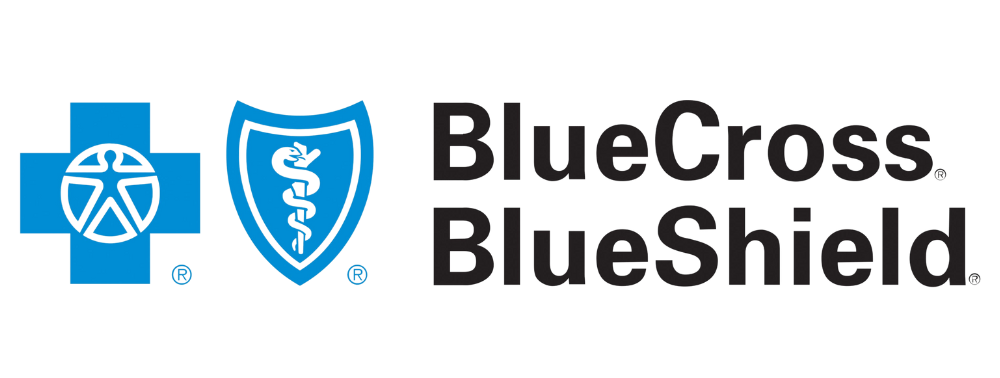




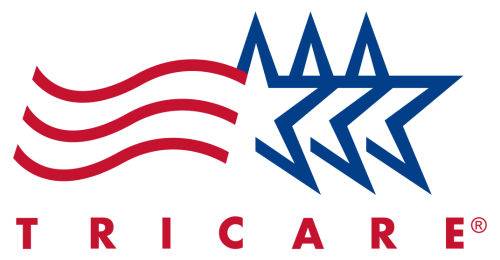



Check to see if your insurance is in-network at one of our rehab facilities.
Can I Go to Residential Treatment Without Insurance?
You are welcome to attend our residential treatment facilities without insurance. There are also other different payment options for residential care depending on your circumstances. For instance, payment plans are often available for those who need financial assistance. Likewise, there are state-funded treatment facilities and free inpatient programs located across the nation, and most facilities accept private payments.
Our admissions team is happy to discuss payment options with you and create an estimate of costs based on your treatment plan. Please call us now at 888-973-2078 to learn more about your payment options for residential treatment.
Treatment & Recovery Resources
You can find further assistance by accessing some or all of the following addiction treatment and recovery resources:
Client Testimonials
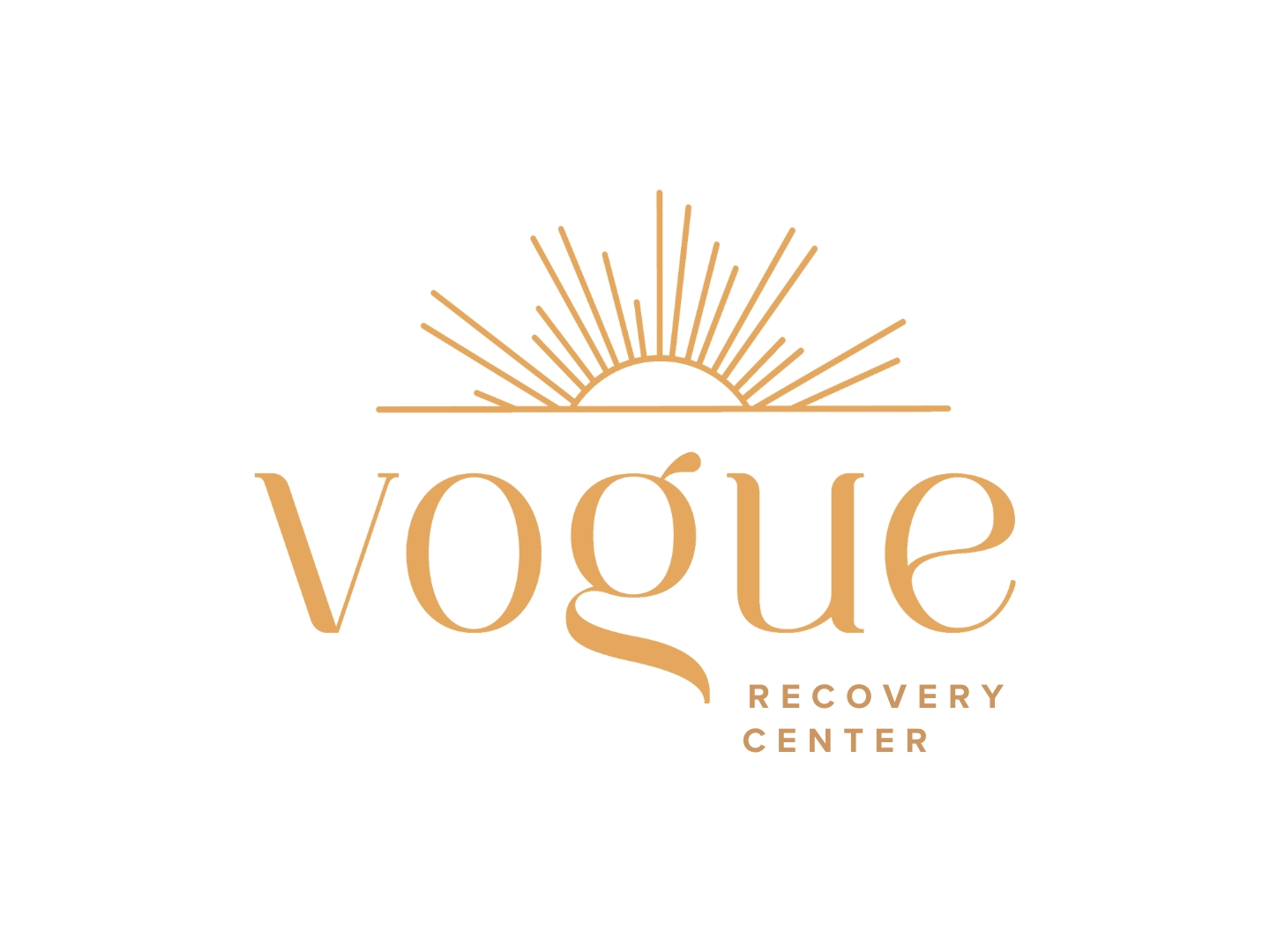

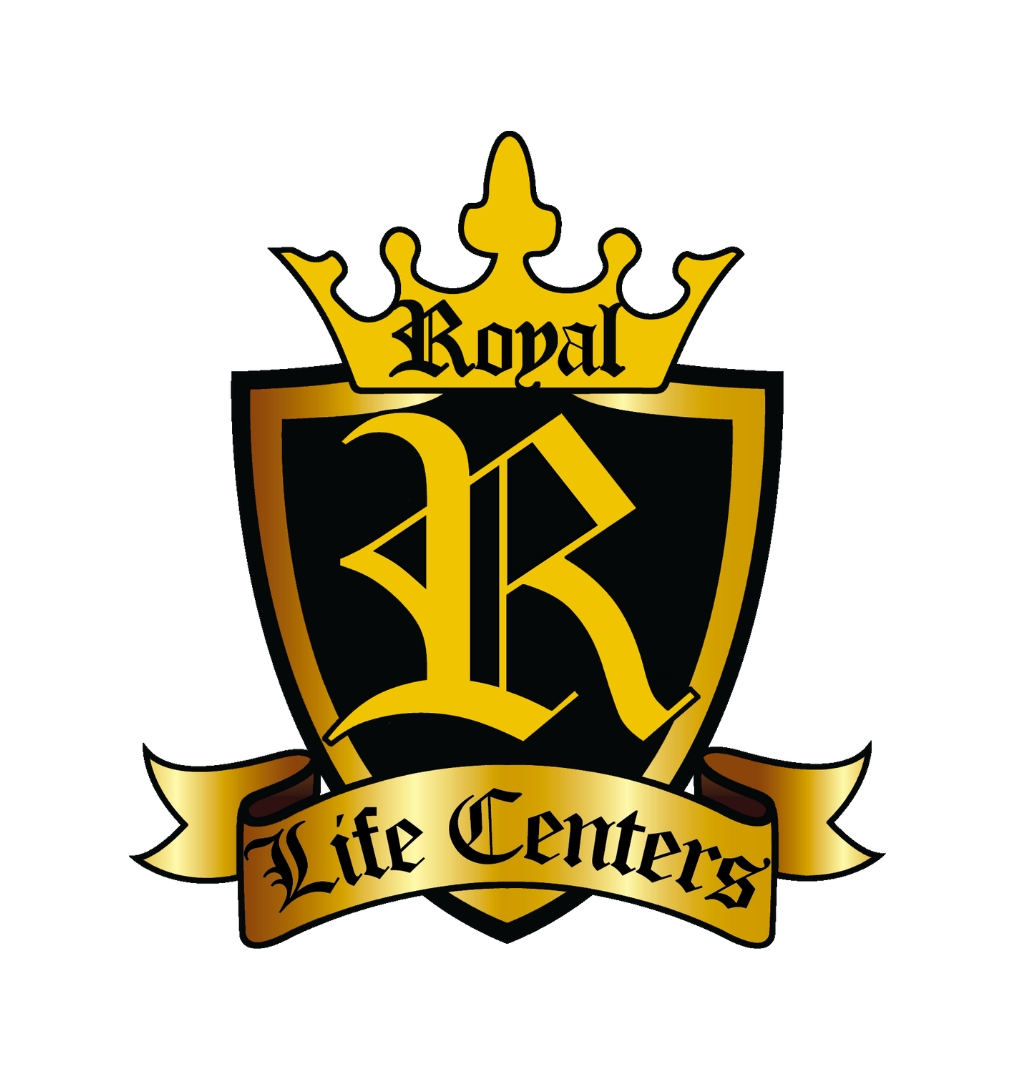


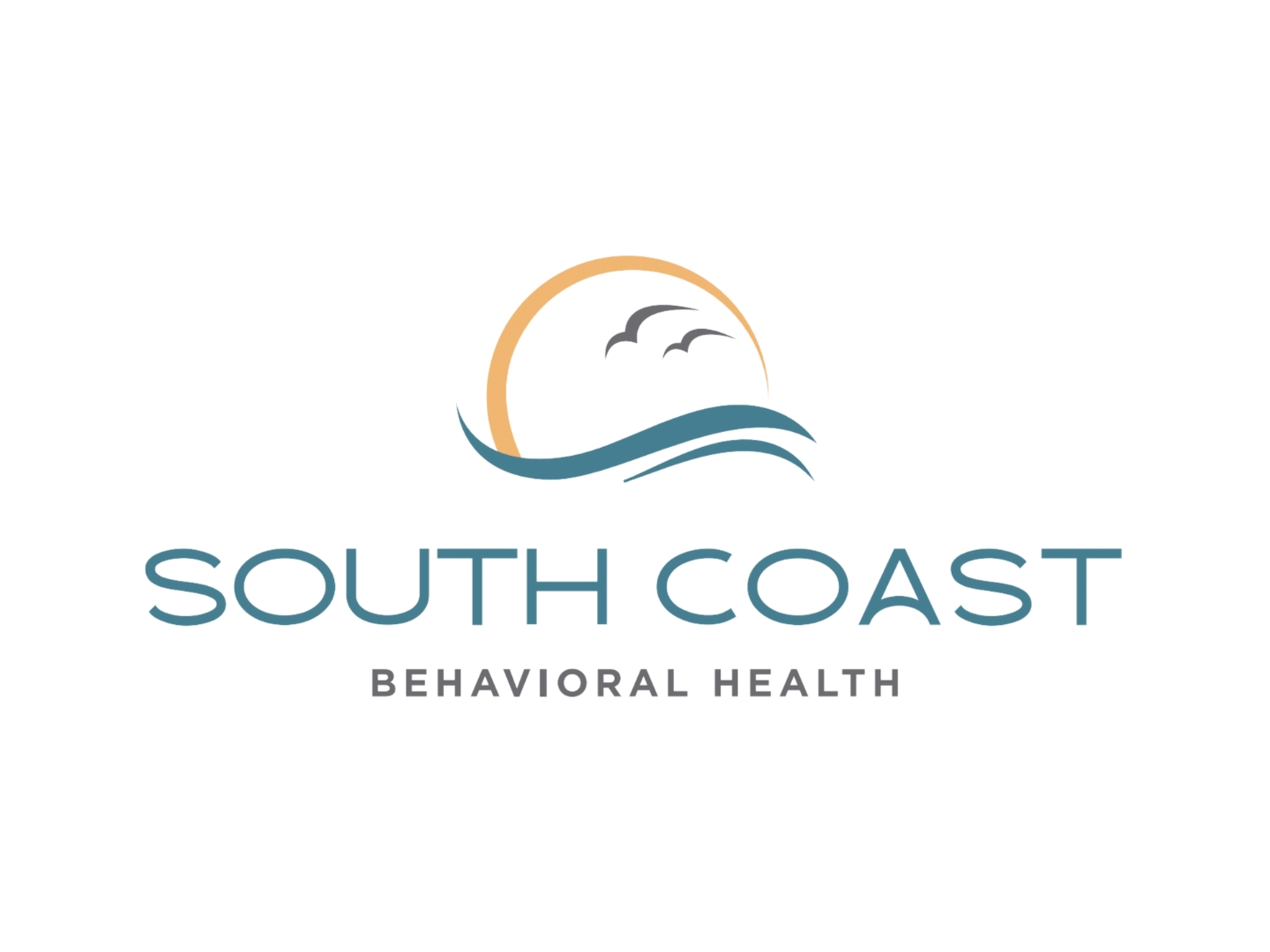

Residential Treatment Centers Near Me
At Aliya Health Group, we provide a wide range of evidence-based treatments to meet the needs of each client as they start on the path to long-term sobriety. If you are looking to heal from alcoholism, drug addiction, or polysubstance abuse, our nationwide residential treatment facilities provide a safe and supportive environment to help you establish a strong foundation of recovery with around-the-clock care.
Find a Residential Treatment Center Near Me
Situated in cities across the United States, Aliya Health Group offers comprehensive inpatient treatment to help clients begin their journey to long-lasting recovery. If you or a loved one is seeking help with substance abuse, we encourage you to reach out to any of our addiction treatment center locations in Arizona, California, Colorado, Illinois, Nevada, New Jersey, and Washington State.
Our residential treatment center locations include:

Vogue Recovery Center
Phoenix, Arizona
4122 North 17th Street
Phoenix, AZ 85016
Detox, Residential, PHP, OP | Veterans Program
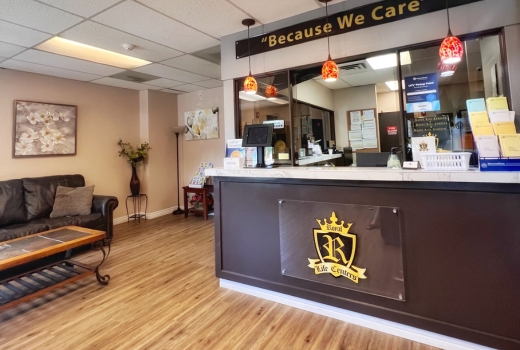
Royal Life Detox
Prescott, Arizona
831 Gail Gardner Way
Prescott, AZ 86301
Medical Detox | Safe, Comfortable, Effective Care With 24/7 Nursing Staff
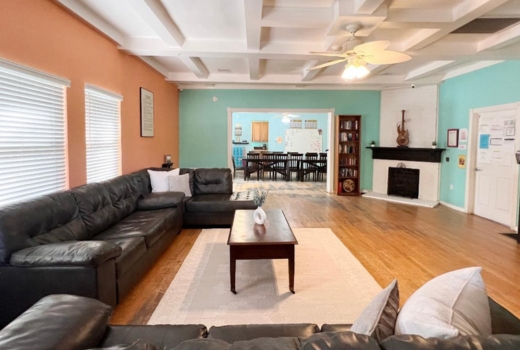
Royal Life Centers at Seaglass
Prescott, Arizona
707 W Gurley Street
Prescott, AZ 86305
Residential Treatment, IOP, OP, Sober Living | Female Only Programming
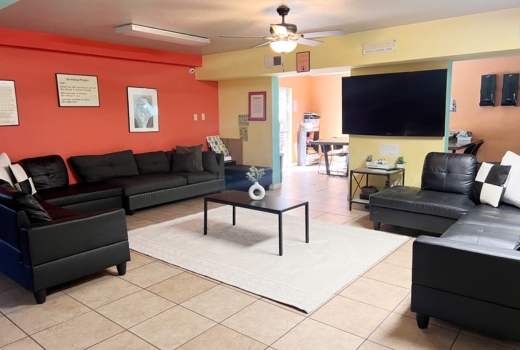
Royal Life Centers at Chapter 5
Prescott, Arizona
818 W Gurley Street
Prescott, AZ 86305
Residential Treatment, IOP, OP, Sober Living | Male Only Programming
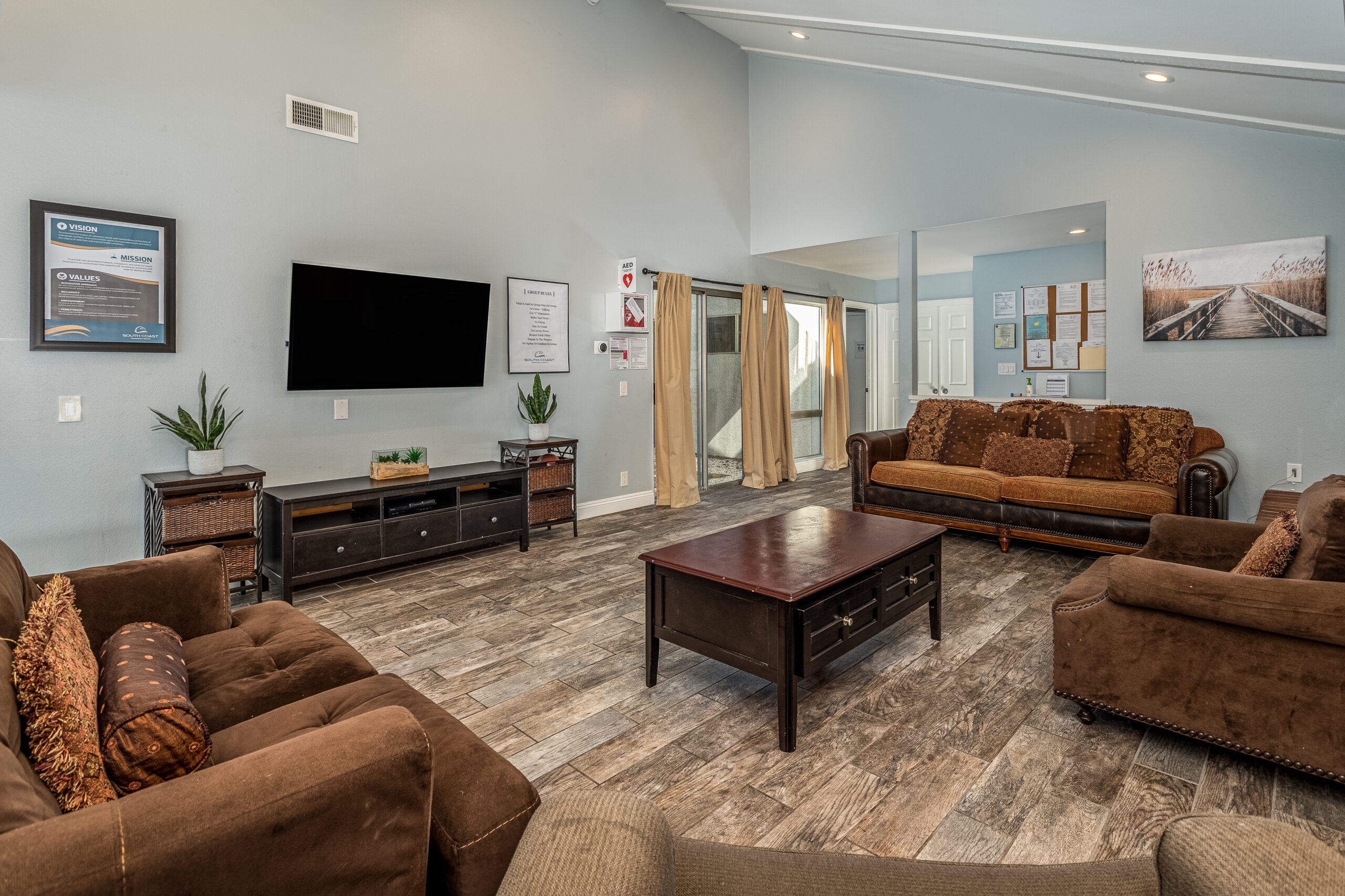
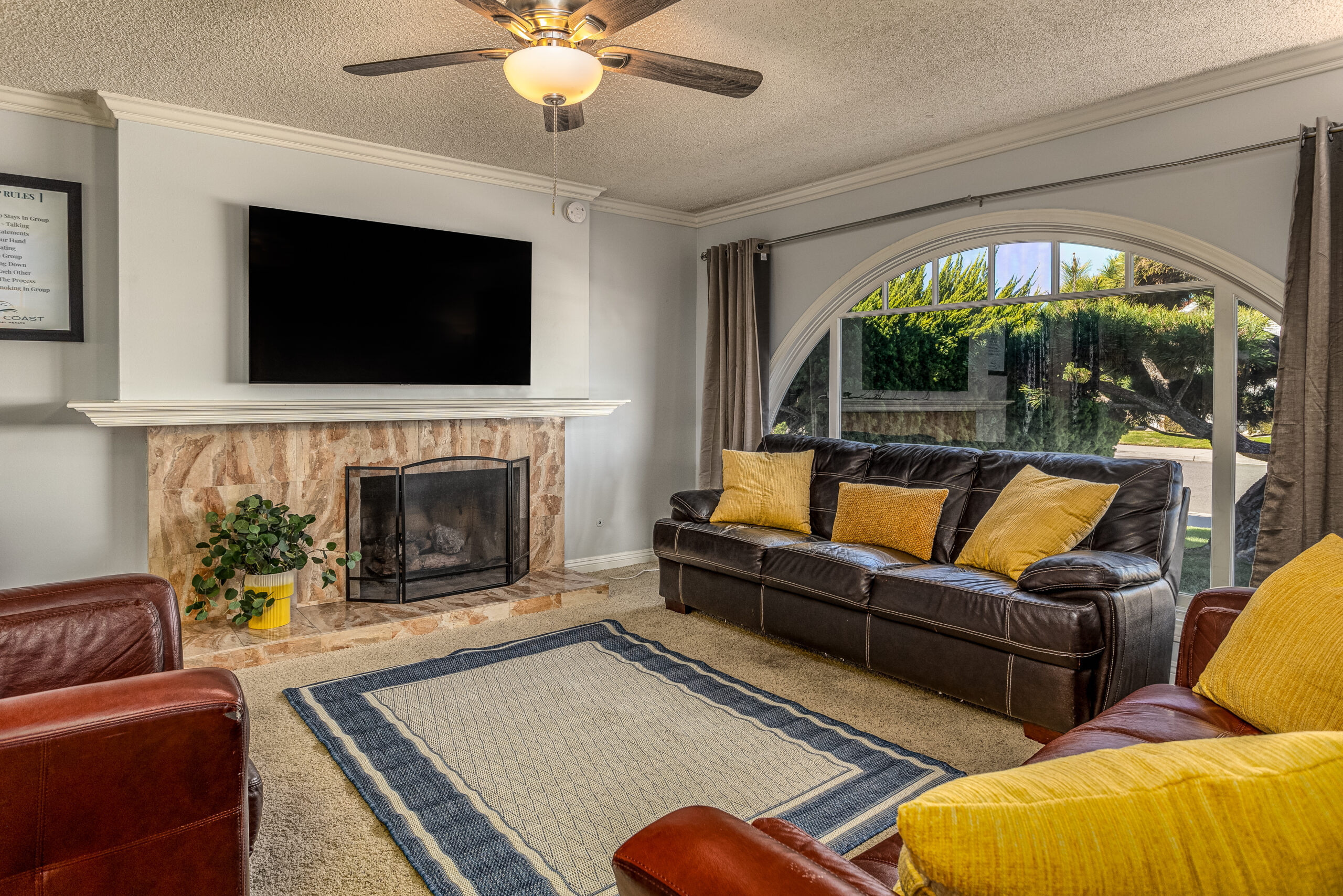
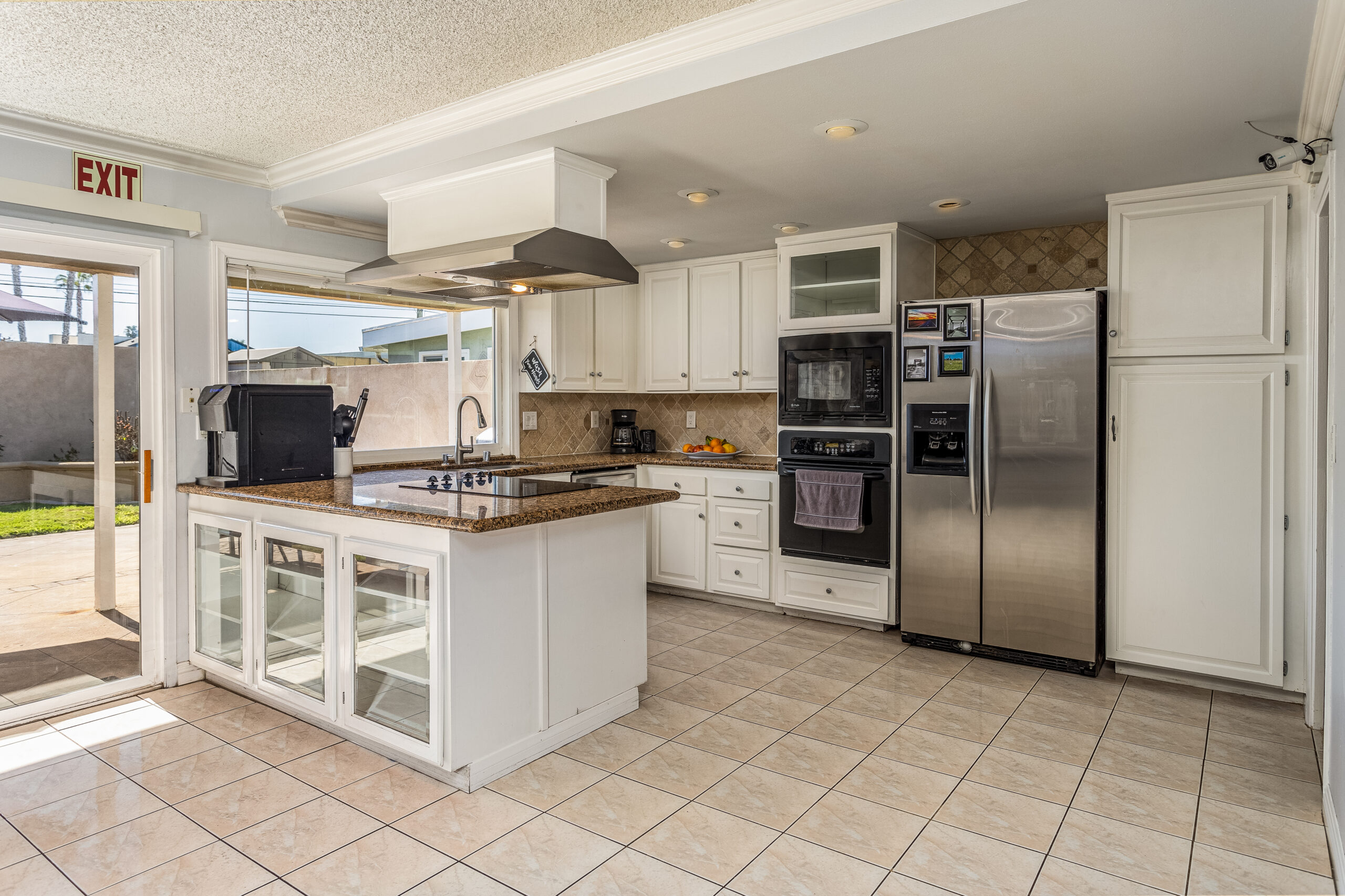
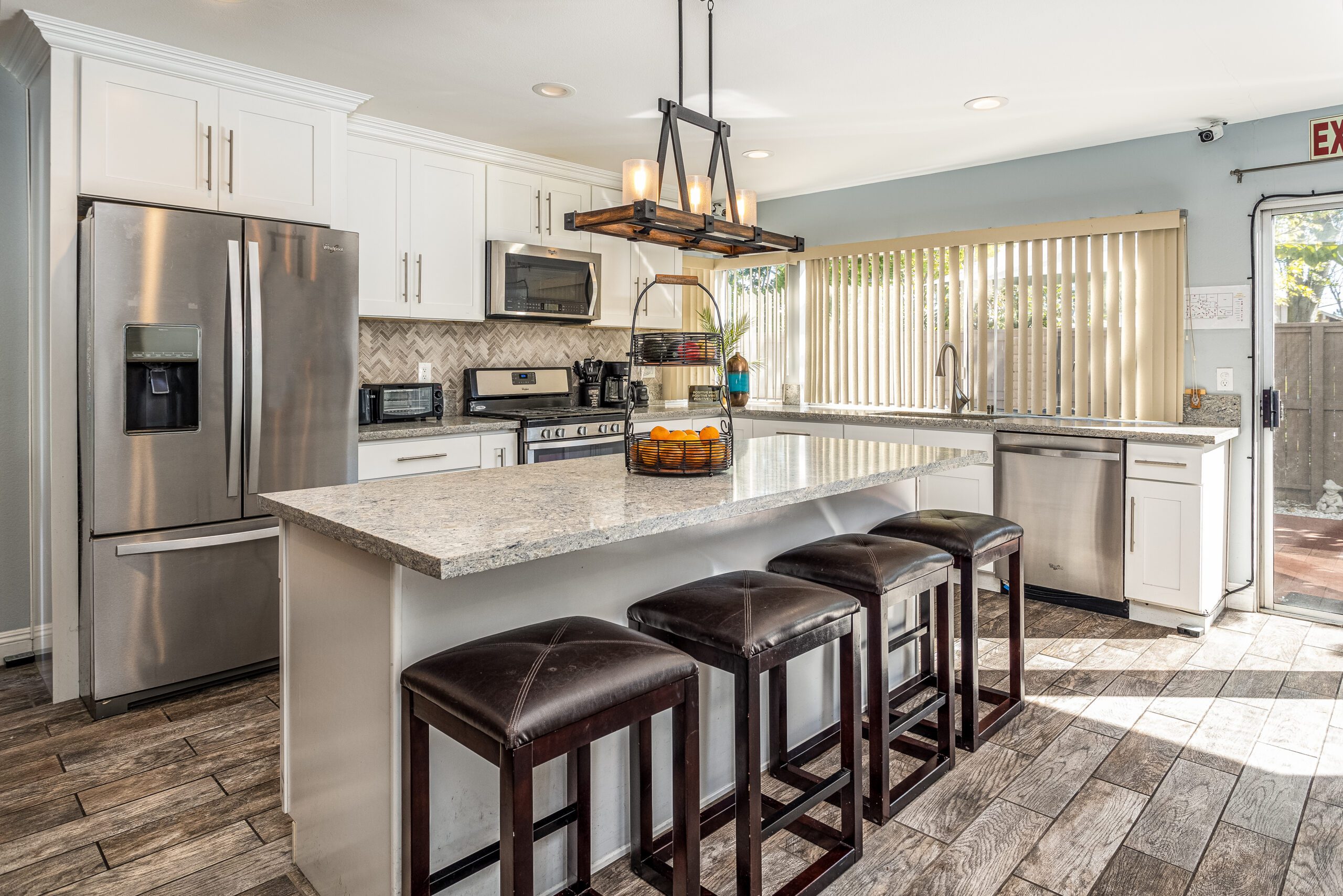
South Coast Behavioral Health
Orange County, California
Multiple locations in Orange County, CA
Medical Detox and Residential Treatment | Gender-Specific Programming
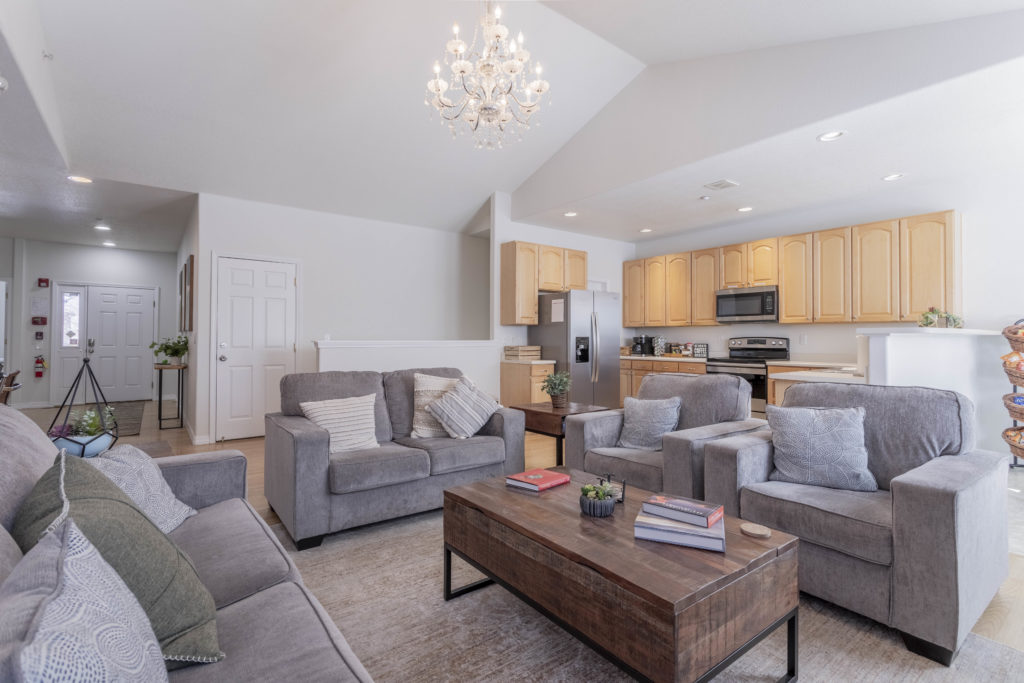
Footprints to Recovery Aurora, Colorado
2602 S. Ensenada Way
Aurora, CO 80013
Detox and Residential | Safe, Effective, Compassionate, 24/7 Clinical Care
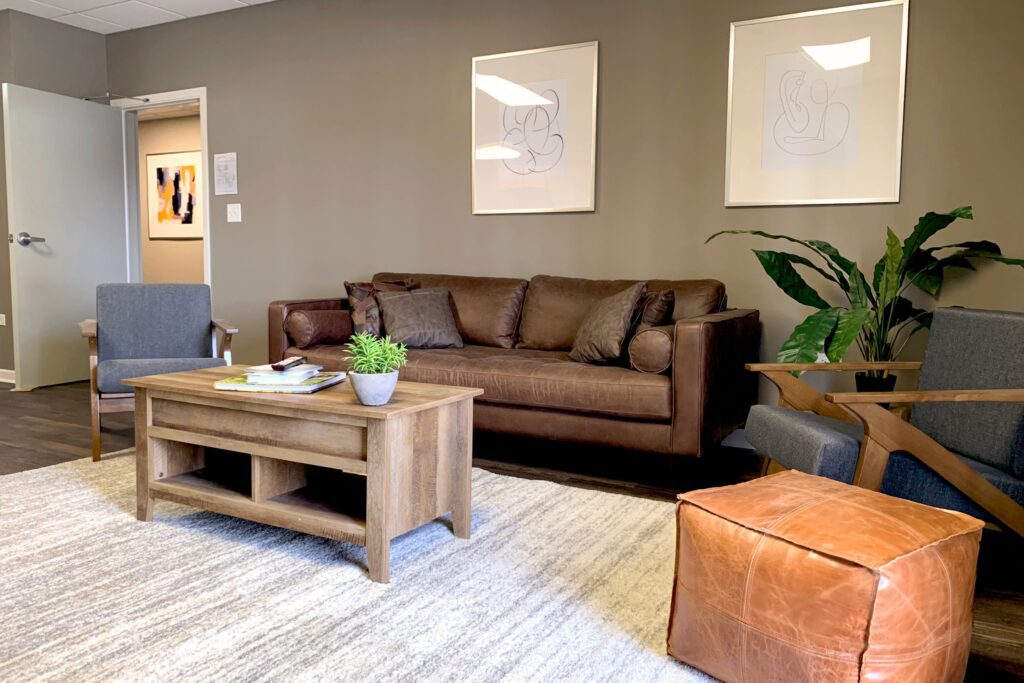
Footprints to Recovery
Elgin, Illinois
411 W River Rd
Elgin, IL 60123
Detox, Residential, PHP, IOP, & OP | LGBTQIA & Trauma-Informed Care
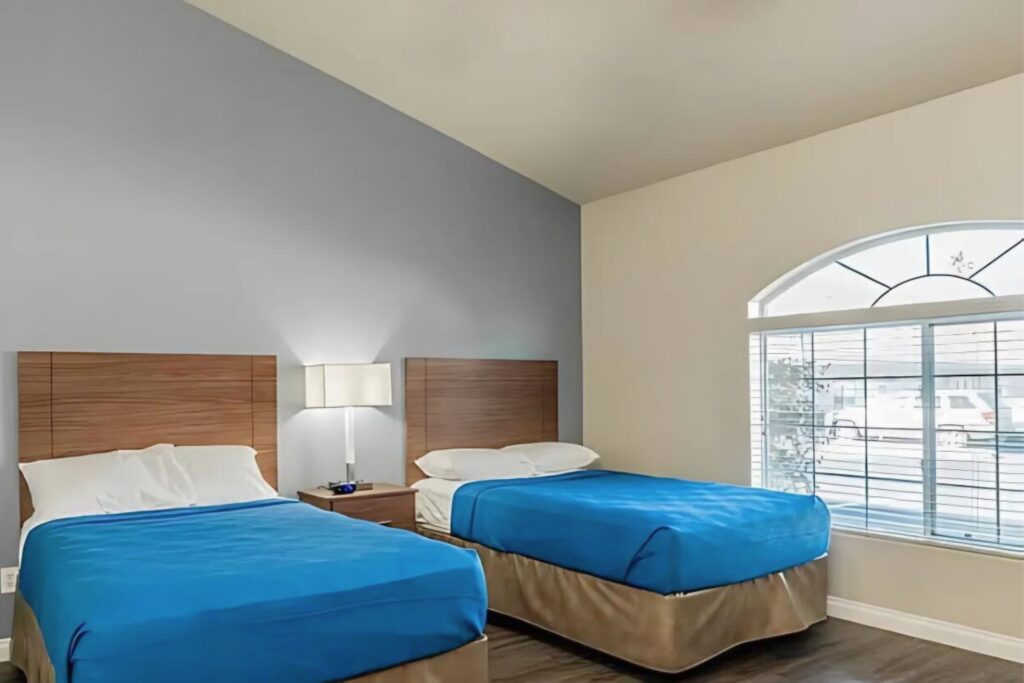
Vogue Recovery Center
Las Vegas, Nevada
Detox, Residential, PHP, IOP, & OP | Chronic Pain Track & Veterans Program
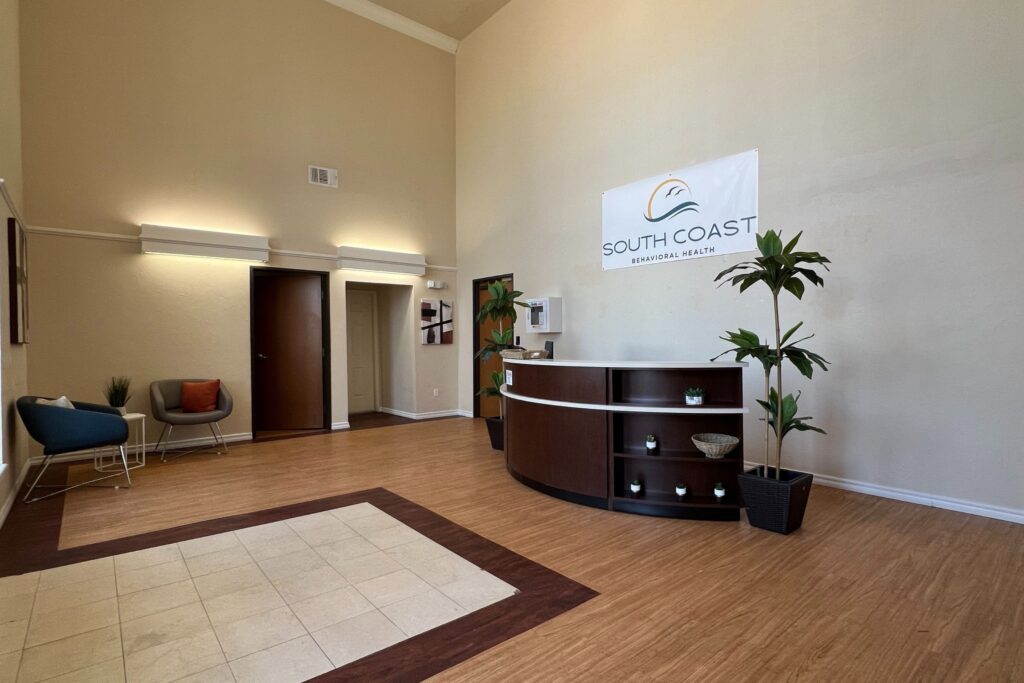
South Coast Behavioral Health
Oklahoma City, Oklahoma
2412 North Ann Arbor Ave, Oklahoma City, OK, 73127
Detox, Residential, PHP, IOP | Dual Diagnosis Treatment Programming
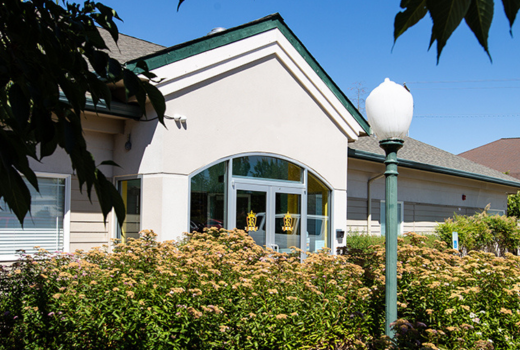
Royal Life Centers at The Haven
Lacey, Washington
8649 Martin Way SE
Lacey, WA 98516
Detox and Residential | Private Suites Available
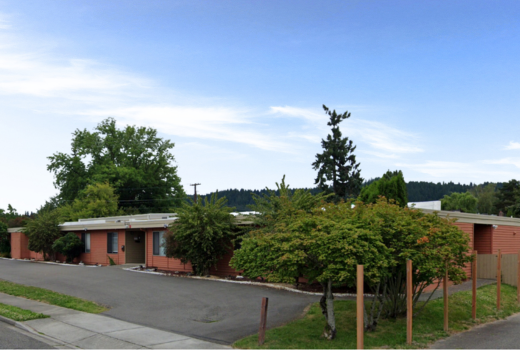
Royal Life Centers at Puget Sound
Sumner, Washington
1723 Bonney Ave
Sumner, WA 98390
Detox and Residential | Safe, Effective, Compassionate, 24/7 Clinical Care
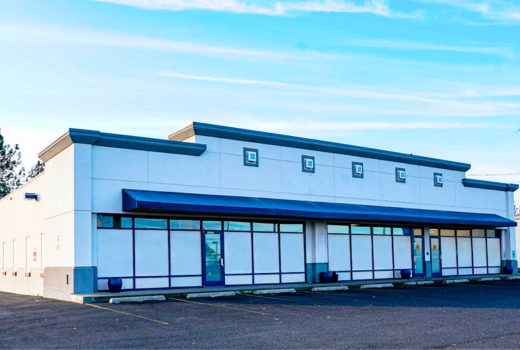
Royal Life Centers at
Spokane Heights
Spokane, Washington
524 E Francis Ave
Spokane, WA 99208
Detox and Residential | Safe, Effective, Compassionate, 24/7 Clinical Care
We’re here to answer any of your questions about residential treatment options near you.
Give us a call today at 888-973-2078.
- The effectiveness of residential treatment services for individuals with substance use disorders: A systematic review
- A systematic review of service models and evidence relating to the clinically operated community-based residential mental health rehabilitation for adults with severe and persisting mental illness | PMC
- Summary of Evidence – Inpatient and Outpatient Treatment Programs for Substance Use Disorder: A Review of Clinical Effectiveness and Guidelines – NCBI Bookshelf
- Therapies Offered at Residential Addiction Treatment Programs in the United States | JAMA | PMC
- Key substance use and mental health indicators in the United States: Results from the 2017 National Survey on Drug Use and Health | SAMHSA
- Mental illness| National Institute of Mental Health
- Substance use and other mental disorders | National Institute on Drug Abuse.
- Impact of Continuing Care on Recovery From Substance Use Disorder – PMC
We can help.








